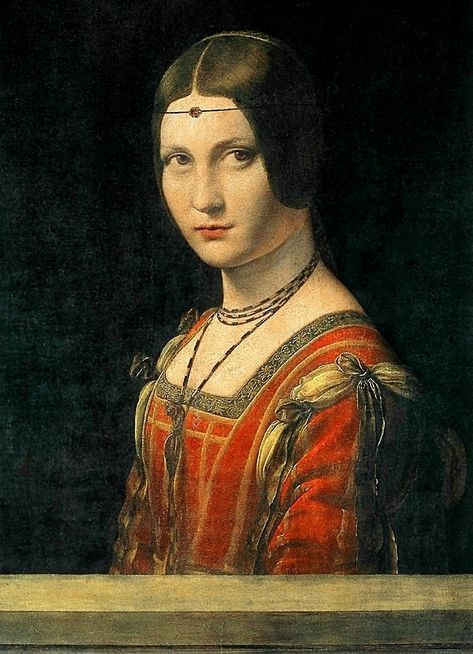

The poem also appears in Tottel's Miscellany under the title “The louer complaineth that his loue doth not pitie him” (item 59). Rebholz observes that Wyatt may have imitated Serafino's strambotto "L'aer che sente il mesto e gran clamore," but he expands Serafino's eight-line lyric by adding hills, vales, rivers, rain, and oaks, and by concluding with a complaint to the speaker's love.

The medieval poem La Belle Dame Sans Merci similarly explores a lady's harsh response to a lover. This poem plays explicitly with religious imagery the Lady will only bestow death as a reward to the lover, even though nature itself pities the speaker’s plight.

1 Resounde my voyse ye wood es the that maye procedeĢ1 but as rewarde Dethe for to bee my mede /Īttributed to Sir Thomas Wyatt, this poem was entered by H8.


 0 kommentar(er)
0 kommentar(er)
